EA CEO Admits BioWare’s ‘Dragon Age: The Veilguard’ Failed Because “It Did Not Resonate With A Broad Enough Audience In This Highly Competitive Market”

In continuing to publicly cop to the failure of BioWare’s latest release, EA CEO Andrew Wilson has admitted to investors that the failure of Dragon Age: The Veilguard was primarily motivated by the fact that the heavy-handed RPG “did not resonate” with a financially-profitable amount of players.
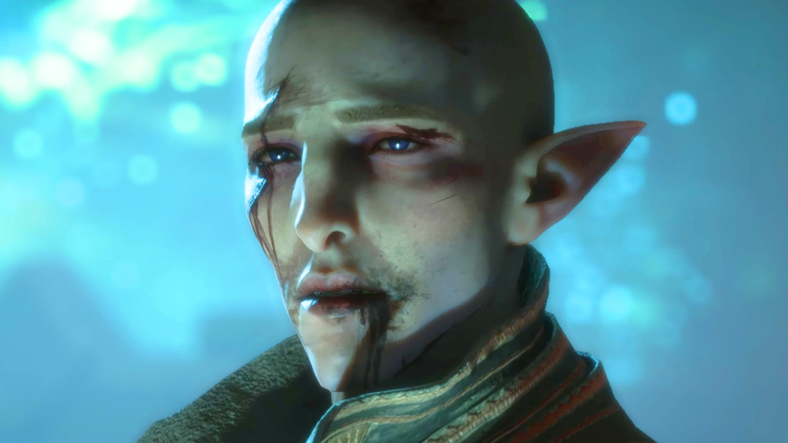
Wilson offered this post-mortem reflection on The Veilguard while addressing attendees of EA’s Q3 2025 Earnings Call, as held on February 4th.
Opening the meeting with a brief summary of the company’s less-than-stellar performance in the relevant quarter, Wilson bluntly confirmed to investors that “Q3 was not the financial performance we wanted or expected.”
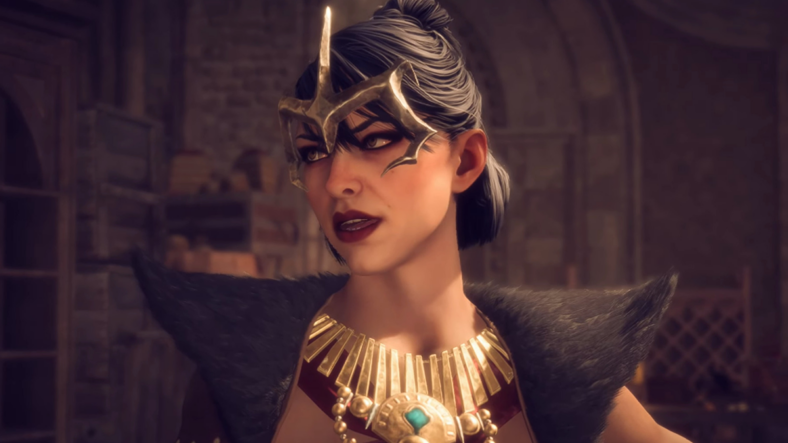
Proceeding to note how “great titles even when built and delivered with polished execution can sometimes miss our financial expectations,” the CEO then explained to his audience that “In order to break out beyond the core audience, games need to directly connect to the evolving demand of players who increasingly seek shared world features and deeper engagement alongside high-quality narratives in this beloved category.”
To this end, he then affirmed, that while “Dragon Age had a high-quality launch and was well reviewed by critics and those who played,” the BioWare RPG ultimately “did not resonate with a broad enough audience in this highly competitive market.”
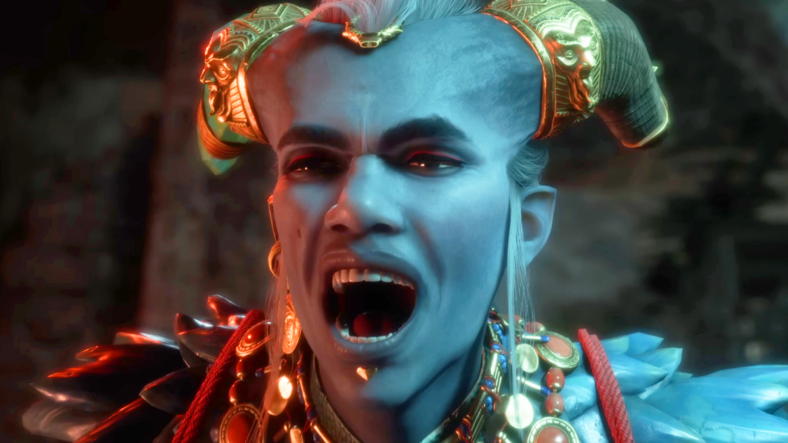
RELATED: Following Failure Of ‘Dragon Age: The Veilguard’, BioWare Announces Layoffs Ahead Of Work On Next ‘Mass Effect’ Game: “We Are Taking This Opportunity Between Full Development Cycles To Reimagine How We Work”
Following a subsequent review of both the quarterly underperformance of the EA Sports brand, itself a result of “lower-than-expected engagement” with the series’ 2025 release, and the company’s forward facing initiatives, Wilson was succeeded on the call by EA CFO Stuart Canfield, who used his time to provide a deeper look into the financial effects of these stumbles.
“In Q3, net bookings were $2.2 billion, down 6% year-over-year,” he told investors. “Dragon Age: The Veilguard underperformed, highlighting the competitive dynamics of the single-player RPG market and EA Sports FC 25 started strong, but softened through the holiday period. We saw minimal impact from [foreign currency conversion rates] within the quarter. Within total net bookings, full game was $633 million, down 3% year-over-year and live services and other was $1.58 billion, down 8% year-over-year. On a trailing 12-month basis, live services are 74% of our business.”
From there, Canfield moved to detail the specific quarterly struggles of numerous titles and live-service endeavors, beginning with a look at The Veilguard.
“Historically, blockbuster storytelling has been the primary way our industry bought beloved IP to the players,” said the CFO. “The game’s financial performance highlights evolving industry landscape and reinforces the importance of our actions to reallocate resources towards our most significant and highest potential opportunities.”
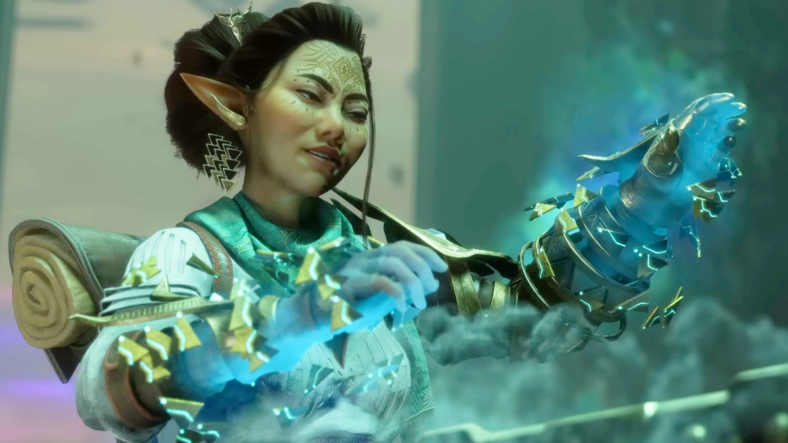
Tellingly, following a brief reminder that the BioWare title had contributed to the company’s recent lowering of their 2025 financial forecast, no further mention was made of The Veilguard throughout the rest of the call, even from audience members during the presentation’s Q&A portion.
As noted above, this is not the first time Wilson has publicly spoken on the fact that, as previously confirmed by EA in their official announcement regarding the aforementioned lowering of their financial forecasts, the game had only “engaged approximately 1.5 million players during the quarter, down nearly 50% from the company’s expectations.”
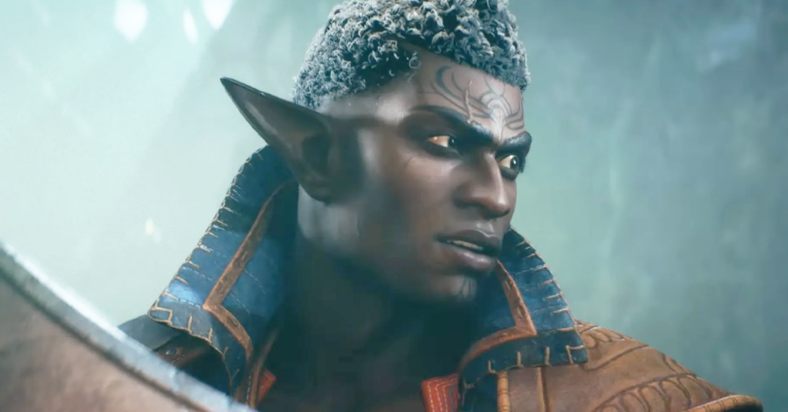
Providing a personal message to investors alongside the corporate update, Wilson asserted, “During Q3, we continued to deliver high-quality games and experiences across our portfolio; however, Dragon Age and EA SPORTS FC 25 underperformed our net bookings expectations.”
“This month, our teams delivered a comprehensive gameplay refresh in addition to our annual Team of the Year update in FC 25; positive player feedback and early results are encouraging,” he concluded. “We remain confident in our long-term strategy and expect a return to growth in FY26, as we execute against our pipeline.”
NEXT: ‘Dragon Age: The Veilguard’ Review – A Name Can’t Carry the Weight Alone
More About:Video Game News






